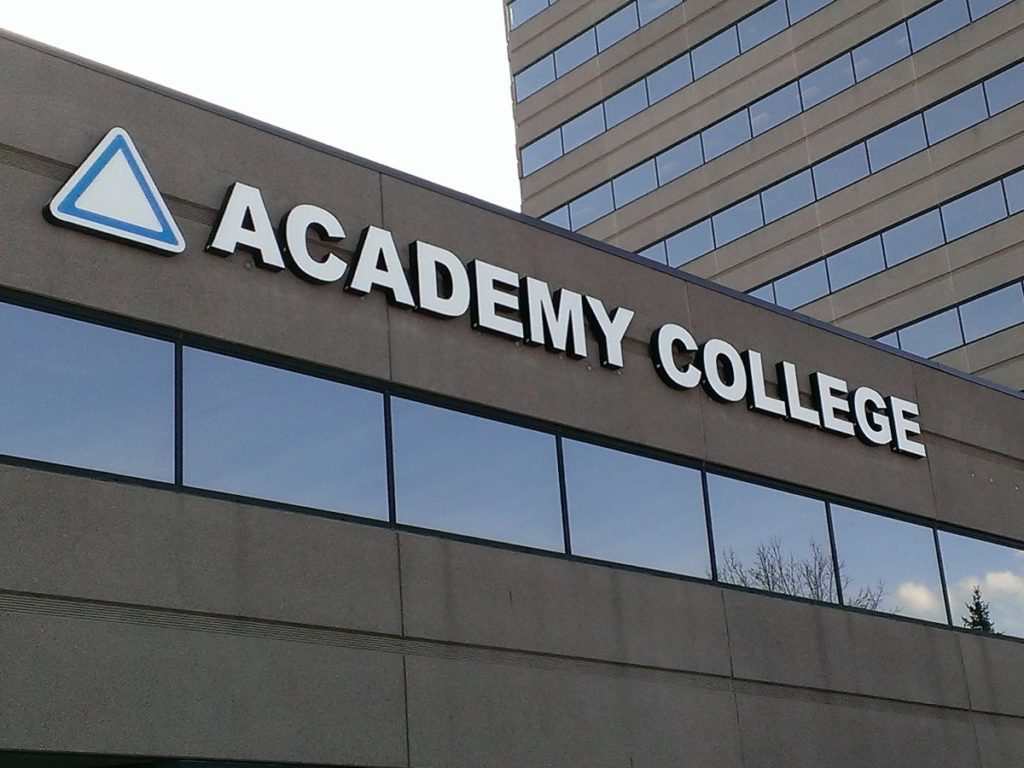College is expensive, and anyone that has attended can attest to that. Beyond simply the cost of tuition, there are a seemingly endless number of associated costs like textbooks, computers, and fees. The exponential increase in the cost of higher education and the fear of a bottomless debt has left many wondering if a degree is worth the investment. Here are some ways to increase the value to make that new degree worth the cost.
Borrow Only What is Needed
When applying for financial aid, the evaluation process that determines how much a student is eligible for is based on the entirety of costs associated with attending school. Those costs not only include tuition and fees, but they also include estimated costs for books, food, transportation, and a barrage of other financial factors. The eligible amount can add up to quite a large sum, and students are often tempted to accept all that is offered. However, borrowing only what is actually needed will help reduce the overall cost because less interest will be accrued from a smaller loan principle.
Consider Tuition Assistance
The ultimate goal of many higher education pursuits is a higher salary. If a student begins their career in an entry-level position that may not require a degree, then there is the option to work toward promotions while taking advantage of a company’s tuition assistance options. Tuition assistance by a company will typically amount to half or full coverage of the actual tuition cost. This leaves the student with only the cost of books and fees to cover. Companies offer tuition assistance in exchange for terms of continued employment with the company. As the company invests in a student’s future, they often are eager to pipeline that person to promotional tracks that can provide a greater guarantee of a return value to one’s education.
Specialize
In general, a degree is only as valuable as the experience that is coupled with it by a student. Attaining degrees in broad fields of study can often leave one a victim of over-saturated job markets and lack of opportunity. By specializing in fields of study like Artificial Intelligence within the Computer Science Department, one creates a more focused opportunity to apply to a specific collection of jobs. The inherent danger in this course of action is that one must choose a field with plenty of projected growth over the future. For example, print journalism is a specific area of study that is actually facing a rapid decline in available jobs and should therefore not be expected to offer traditional opportunities to graduates.
A college degree is not a golden ticket that is automatically redeemable for a job, and as such should be viewed as only one part of a plan toward a career goal. To make the cost of a degree well worth the investment, it is important to think about the long-term usability of the degree being earned and how that meshes with one’s personal career goals. As long as a student enters college with a clear vision of where they are headed and what opportunities their degree will help to foster, then the degree will always be worth the cost.
Annabel Winters writes full-time for education blogs nationwide. She writes for www.uc.edu where you can find out more about their online graduate programs in education.




